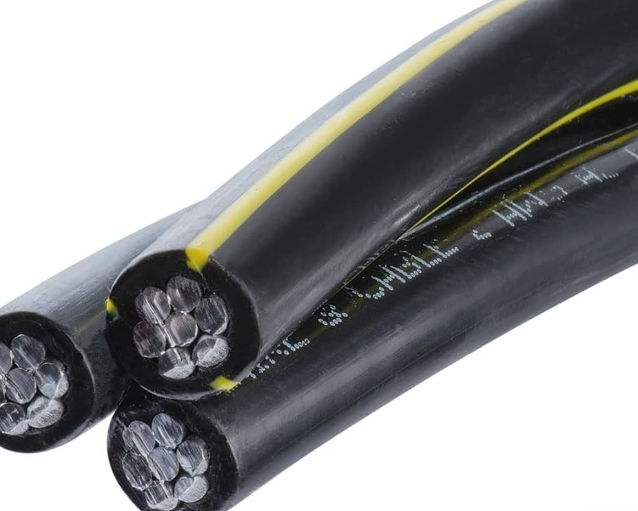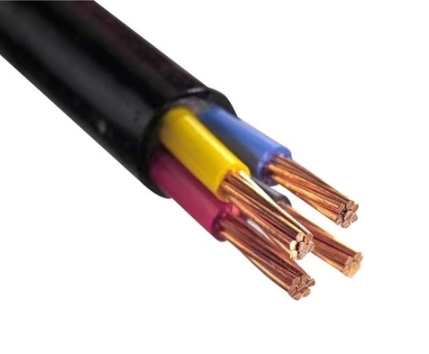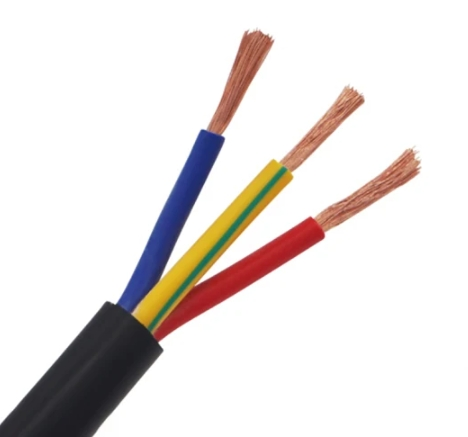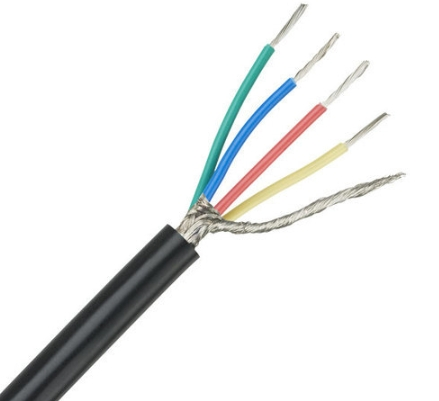When choosing the right cable for your electrical engineering endeavor, comprehending the diverse materials involved in the production of cables is a key factor. To illustrate the functionality of TPE cables, especially in terms of strength and flexibility, we will take a closer look at them. We will also contrast them with other typical materials like nylon, PUR, and PVC. Understanding the core properties of TPE cable is paramount in industries seeking materials that combine flexibility, stiffness and resistance to harsh conditions.
What is TPE cable meaning?
TPE cables are made of advanced materials from thermoplastic elastomers and are the preferred choice in cables for their toughness and flexibility. They have the stretchability of rubber and the easy plasticity of plastic. The combination allows TPE cables to be bent many times without breaking and to remain strong during the bending process. The following section outlines the myriad benefits TPE cables offer, demonstrating why they are increasingly favored in modern cabling solutions.
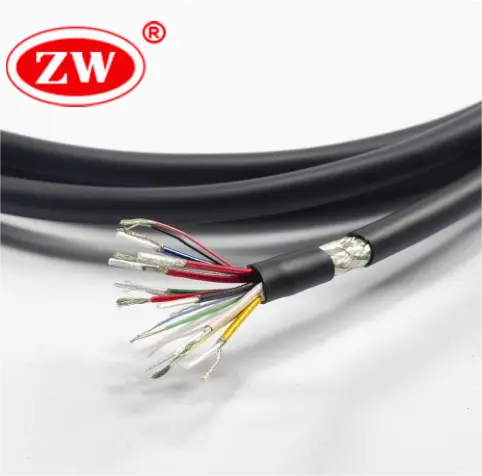
Advantages of Using TPE Cables
TPE cables offer several advantages due to their inherent properties, demonstrating their key role in modern cabling solutions.
Outstanding Flexibility and Resilience: TPE jacket cables are exceptionally flexible, accommodating applications involving significant movement or bending.
Superior Environmental Resistance: :It is really good at handling extreme heat, cold, sunlight, chemicals, and water. It makes them perfect for tough work settings and outdoor use where they’ll face different conditions.
Enhanced Safety and Reliability: TPE cables feature excellent flame-retardant properties along with superior electrical insulation allowing for safe power and signal transmission. Their abrasion resistance also adds to their reliability in various operational conditions.
Customization and Versatility: TPE cable is simply processed and therefore can be customized in terms of design and functionality to meet the specific application needs of different industries.
Eco-Friendly and Sustainable: TPE cable jacket materials are often recyclable, aligning with environmental sustainability goals. Their reusability and long lifespan make them an eco-conscious choice for cable applications.
In the following section, we will compare TPE and PUR cable jackets, emphasizing the different roles they play in different operating environments.
TPE VS Pur cable jacket
Thermoplastic Elastomer (TPE) and Polyurethane (PUR) are two distinctly purposed materials for cable jackets, each tailored to meet the demands of varied environments and operational needs. TPE jacketing offers superior flexibility and long-lasting durability in dynamic environments. They exhibit excellent elasticity over a range of temperatures and maintain their integrity under chemical and UV exposure, enabling long-term use in a variety of conditions. In addition, the recyclable nature of TPE power cables are in line with eco-sustainability initiatives, while their excellent electrical insulation properties make them suitable for a wide range of electrical applications. Economically, TPE flexible cables present a cost-effective solution, attributed to their enhanced durability and extended lifespan.
On the other hand, PUR cable jackets stand out in rigorous industrial environments with their superior resistance to abrasion, cuts, and tears. Their reliability against oils, solvents, and various aggressive chemicals, coupled with impressive resilience to weathering, ozone, and microbial deterioration, renders them ideal for challenging outdoor and moist conditions. Although PUR does not offer the same level of flexibility as TPE, it demonstrates superior durability under specific challenging conditions. While PUR cables generally command a higher price than TPE cables, their performance is notably superior in environments subjected to severe mechanical and chemical stresses.
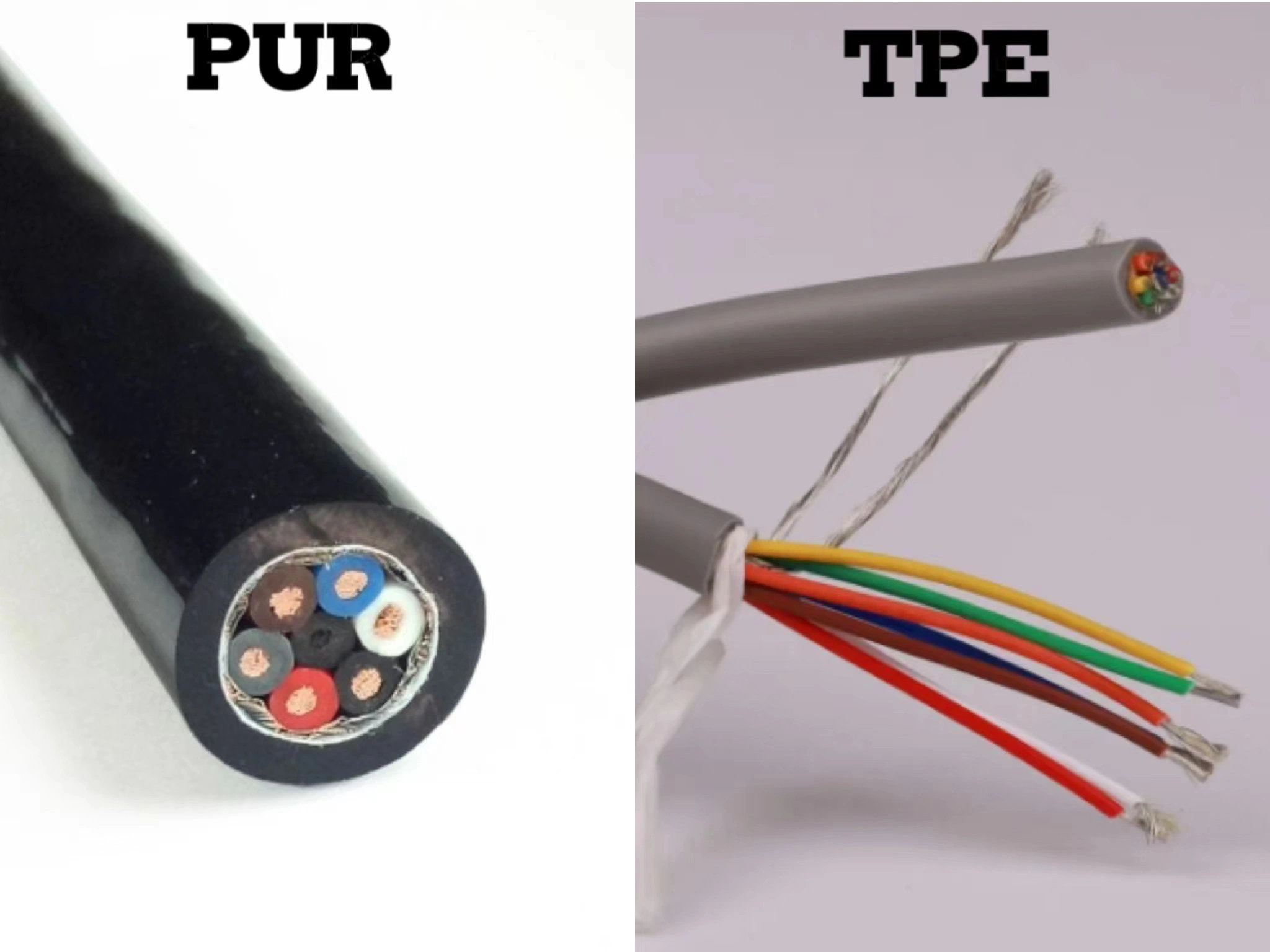
Next, PVC or TPE , which performs better? we now focus on the comprehensive comparison.
Which is better PVC or TPE?
The use of PVC and TPE cable both have their advantages and priorities. There are several key factors to consider when choosing which one to use as your cable material:
1.Budget Considerations:
- PVC cable is often more cost-effective than TPE. If budget constraints are a primary concern, PVC could be the preferable option due to its affordability.
Also read more about PVC cable:
nothing found.2. Durability and Flexibility Needs:
- TPE wire excels in flexibility and durability. It is ideal for cables that require frequent bending or movement without degradation, such as in consumer electronics.
3. Environmental and Chemical Resistance:
- PVC offers sturdy chemical resistance, making it suitable for industrial settings where cables might encounter oils or harsh chemicals.
- TPE shield cable is highly resistant to extreme weather conditions, UV exposure, and temperature variations, making it a superior choice for outdoor cable applications.
4. Safety and Environmental Impact:
- TPE control cables are widely recognized for their eco-friendliness and reduced toxicity, particularly important during disposal or combustion. Their recyclability further enhances their appeal for environmentally conscious applications, underscoring their sustainability.
- PVC cable offers longevity in usage, yet it falls short in eco-friendliness, emitting hazardous chemicals upon burning.
5. Application-Specific Requirements:
- For applications requiring rigidity and structural stability, the stiffness of PVC insulated cable may be advantageous.
- TPE cable is more flexible and soft when it comes to user comfort and frequent operation, such as in consumer electronics.
The choice between PVC and TPE cable materials depends on a balance of cost, application-specific needs, environmental considerations, and long-term performance requirements. PVC is a cost-effective and chemically resistant option suitable for a variety of industrial applications. In contrast, TPE offers superior flexibility, environmental resistance, and safety, making it ideal for consumer electronics and outdoor uses. The final decision should align with the specific demands of the application and the desired attributes of the cable. Below we will break down the different properties of TPE and nylon to help us understand their specific applications and the advantages of each material.
TPE vs nylon cable
In the comparison between TPE and Nylon for cable applications, it is important to understand their distinct properties and how they align with specific requirements.
TPE Cable Applications:
TPE cables are highly regarded for their superb elasticity and strength, ideally suited to dynamic settings where cables are subject to regular movement or flexing. Their resistance to drastic temperature changes guarantees consistent performance in both chilly and sweltering conditions. Additionally, TPE cables are UV and abrasion resistant. It is a reliable choice for harsh environments. Its recyclability further enhances its appeal as an environmentally friendly material. However, it is worth noting that TPE can be more expensive compared to materials like Nylon, and may not be necessary for applications that don’t demand its advanced flexibility or environmental resistance.
Nylon Cable Applications:
On the other hand, Nylon is recognized for its outstanding abrasion resistance, mechanical reliability, and sturdiness, often chosen as a protective jacket for cables in need of extra resistance to physical damage. Its high melting point is advantageous in high-temperature scenarios. While nylon is chemically resistant and durable, it is not as flexible as TPE cable, particularly in low-temperature settings. What’s more, Though useful for preserving stability and form, its inherent rigidity can be restricted in situations where more flexibility is needed.
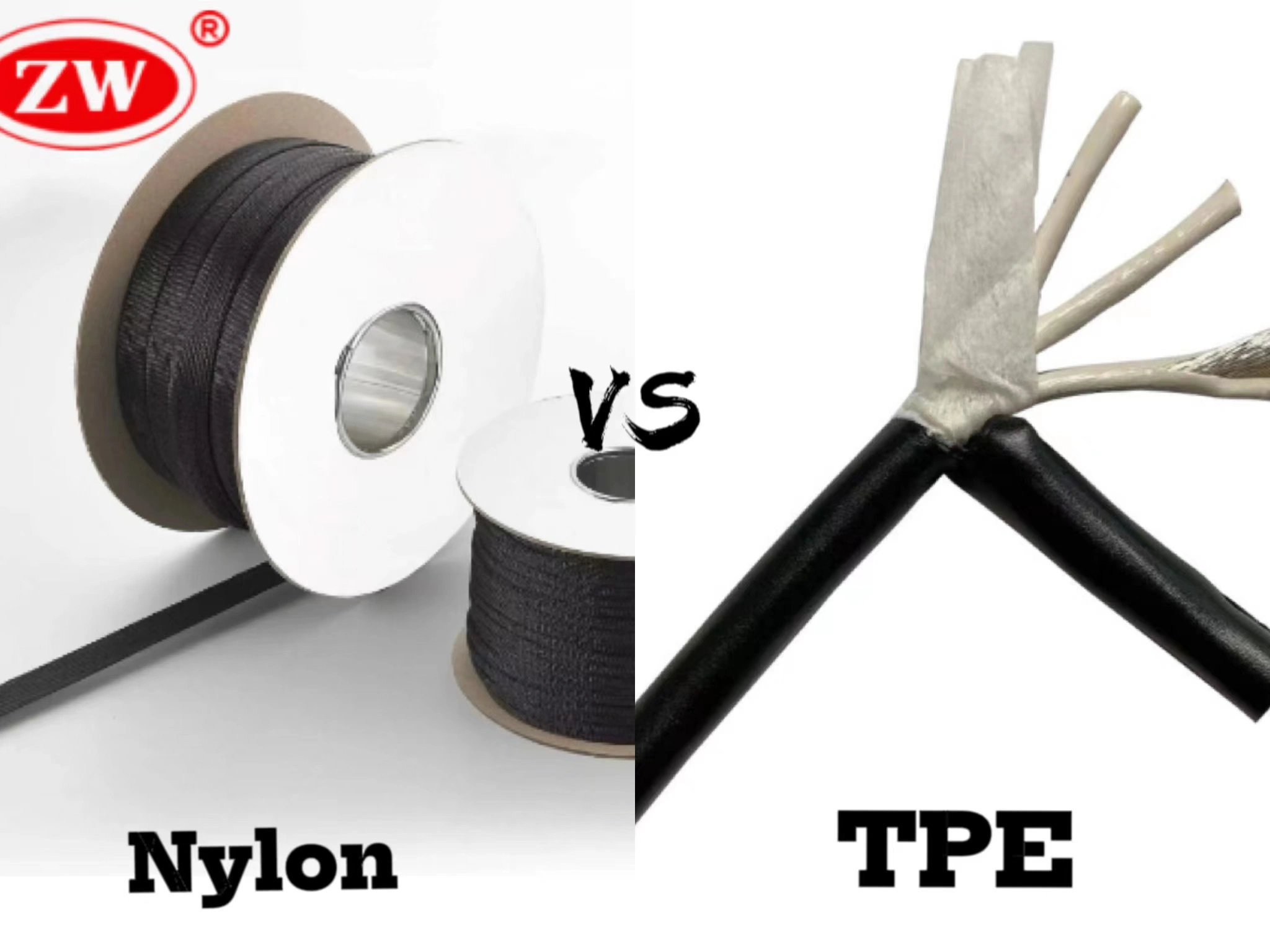
The decision between TPE and Nylon for cable applications should be based on the specific requirements of the environment and usage. TPE electrical wire is the preferred choice in scenarios demanding high flexibility, extreme temperature tolerance, and environmental resistance. Nylon is more suitable for applications where mechanical strength, abrasion resistance, and high-temperature performance are paramount. Budget considerations also play a role, as TPE cable tends to be more expensive. Ultimately, the selection should align with the operational demands and environmental conditions of the intended application.
Conclusion
The comprehensive investigation into cable material technologies illuminates the essentiality of tailored material selection for specific end-use scenarios. TPE cables are versatile and adaptable to meet a wide range of industrial and consumer needs. Its unique flexibility, robustness and resistance also make TPE cable an important element in contemporary wiring frames.
Moreover, ZW Cable stands out in the industry with its extensive wide range of cables, including TPU and TPE cables , tailored for diverse industrial and consumer needs. Each product in our lineup exemplifies best quality and dependability, reflecting our dedication to meeting rigorous standards in safety, functionality, and eco-conscious practices. Regardless of whether you have any questions about the selection of cable materials or your purchasing needs, please get in touch with us!
FAQs:
Is TPE safer than PVC?
Both TPE (thermoplastic elastomer) and PVC (polyvinyl chloride) are commonly used for numerous products in different industries. However, TPE cable is often considered the safer choice for consumers and the environment. Unlike PVC, TPE cable is free of phthalates, a harmful chemical that can leach out and pose a health hazard. In addition, TPE cable offers the benefits of greater flexibility, durability and recyclability than materials such as natural rubber and silicone. So it’s a greener, safer choice in a variety of applications.
Is TPE waterproof?
Absolutely, TPE cable can be mixed to create a completely waterproof material. TPE cables are frequently employed in seals that protect portable speakers and various electronic devices from water damage.


